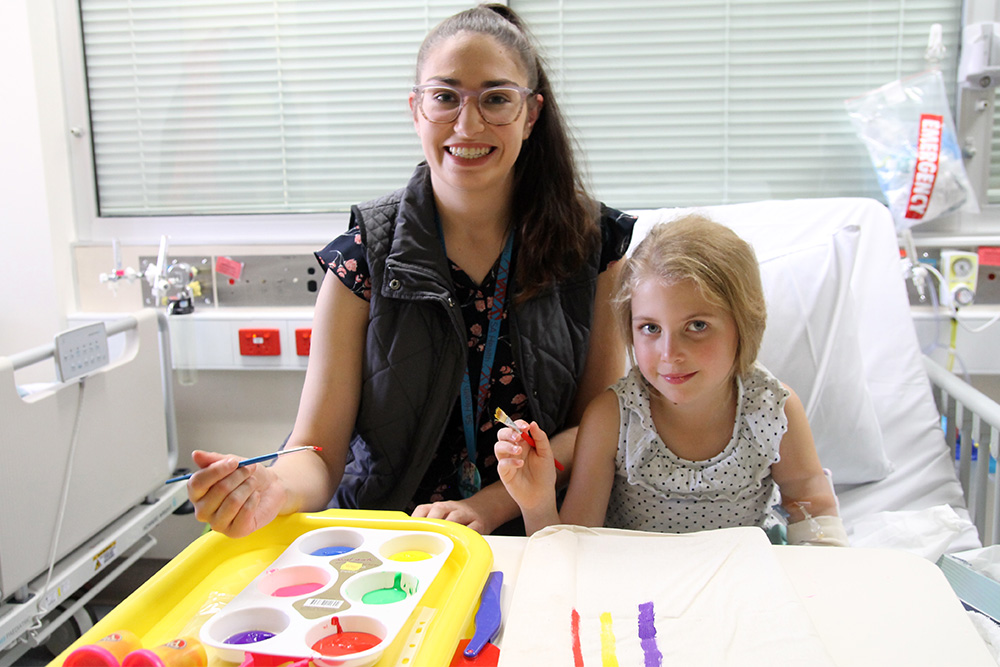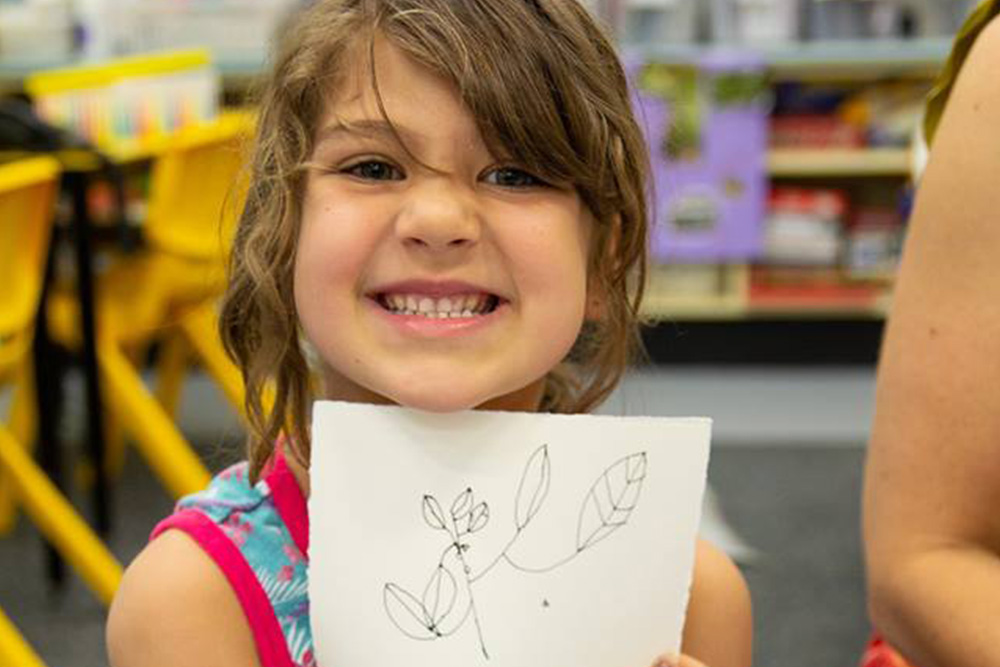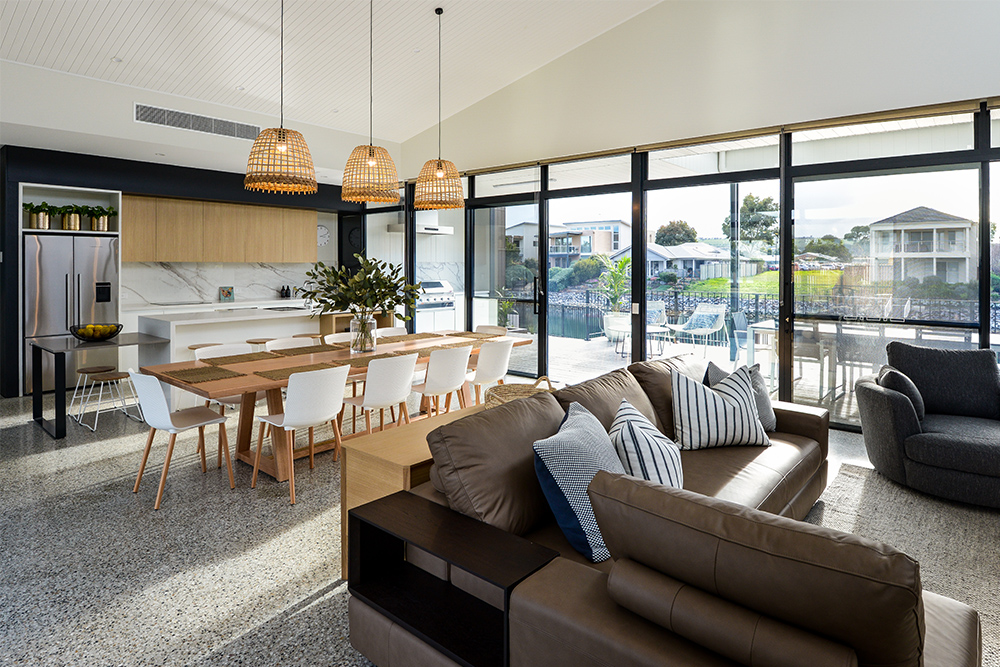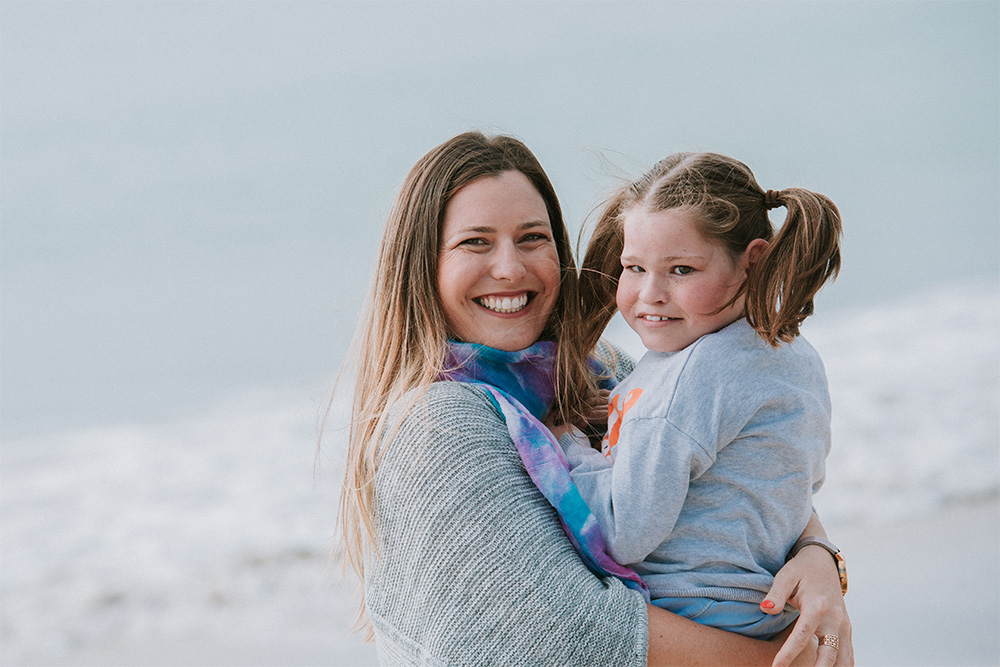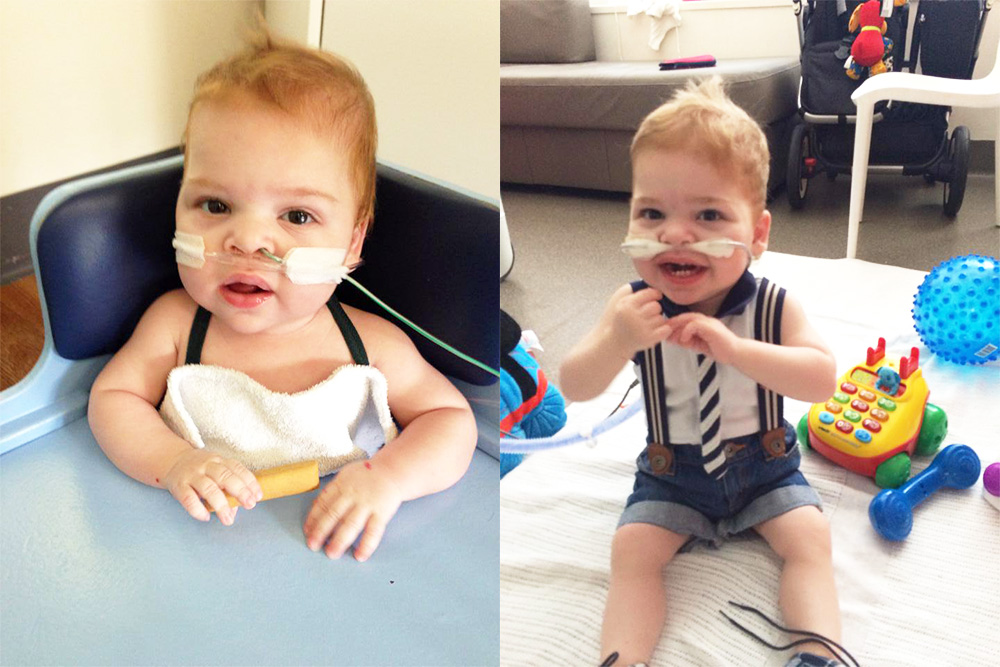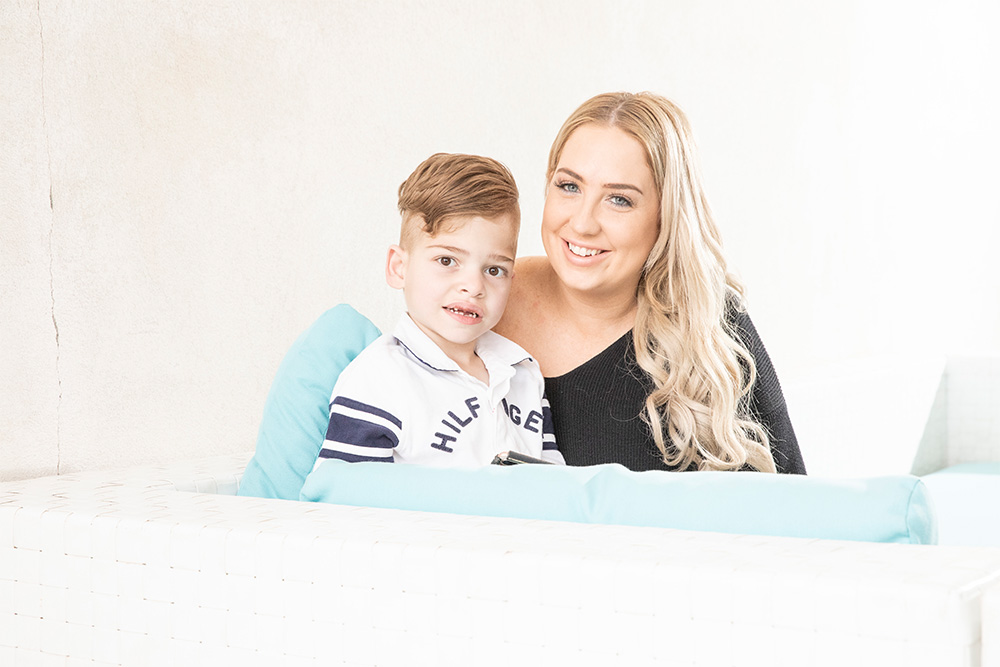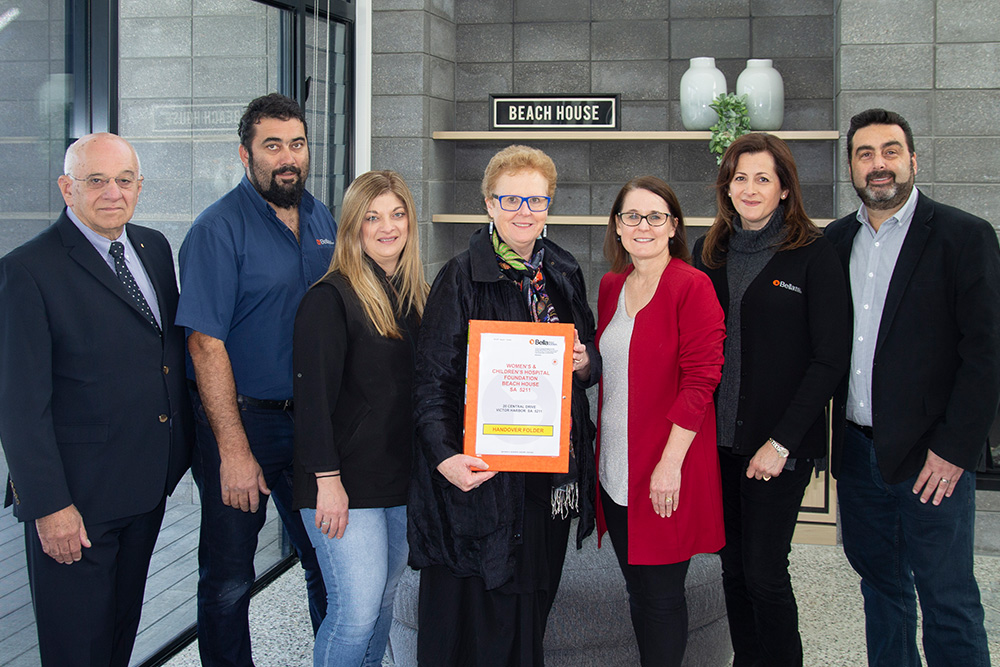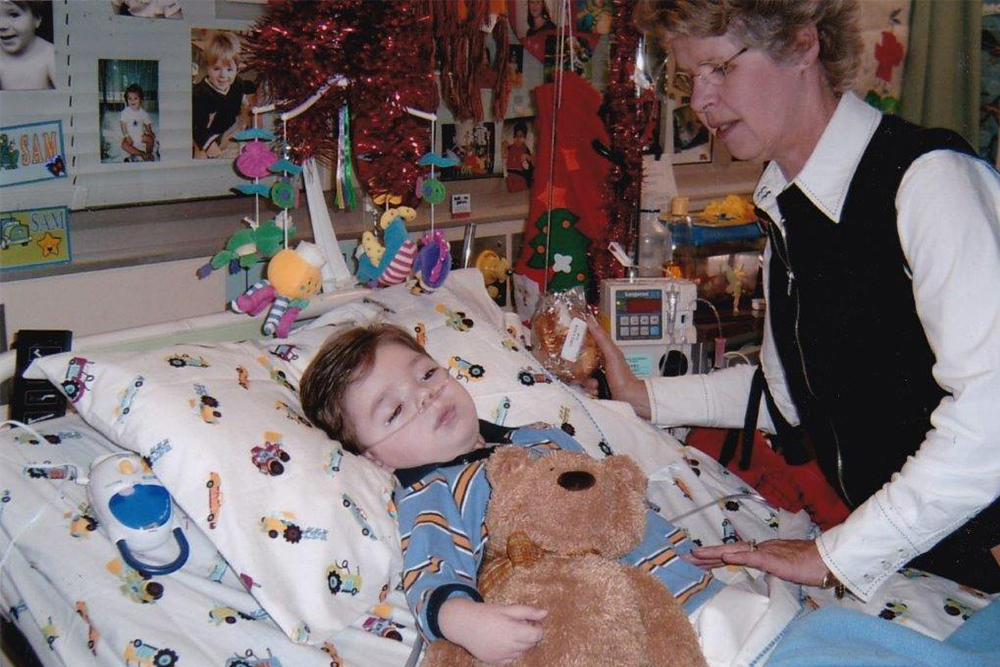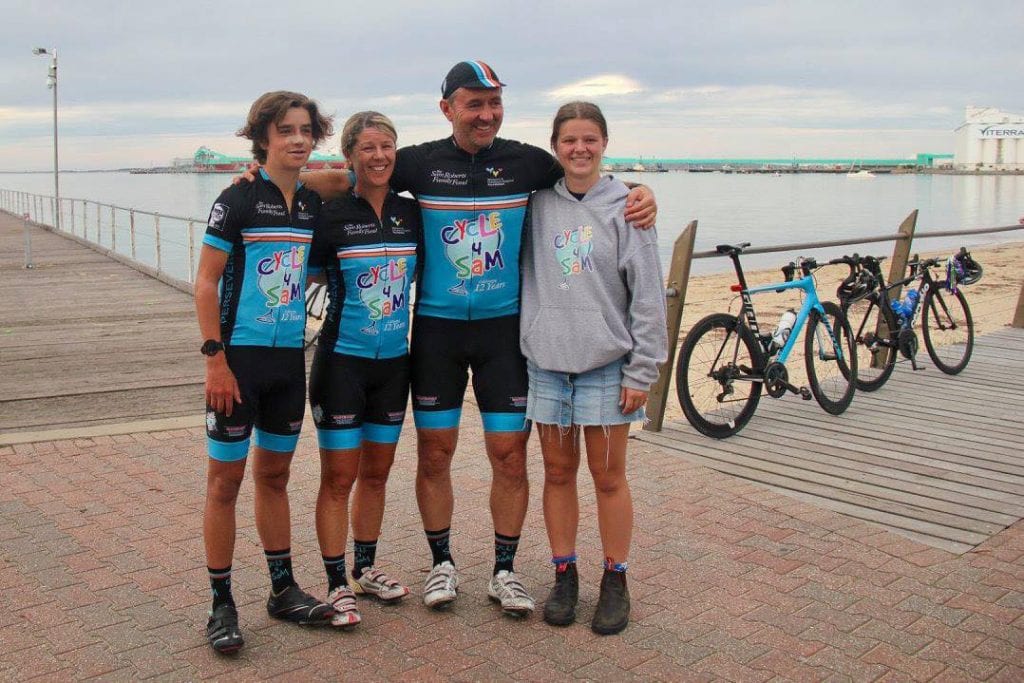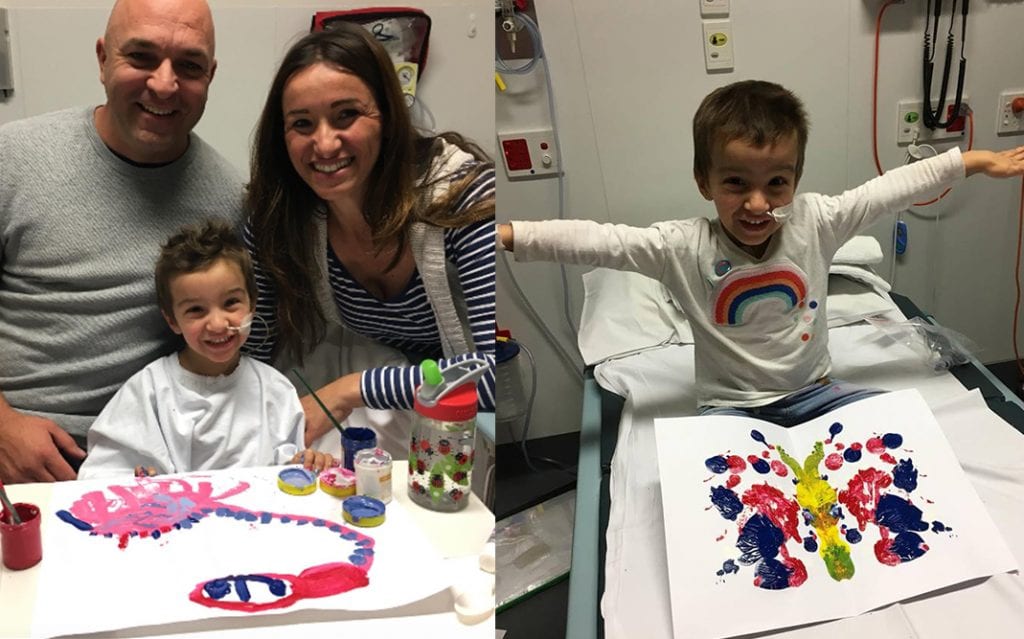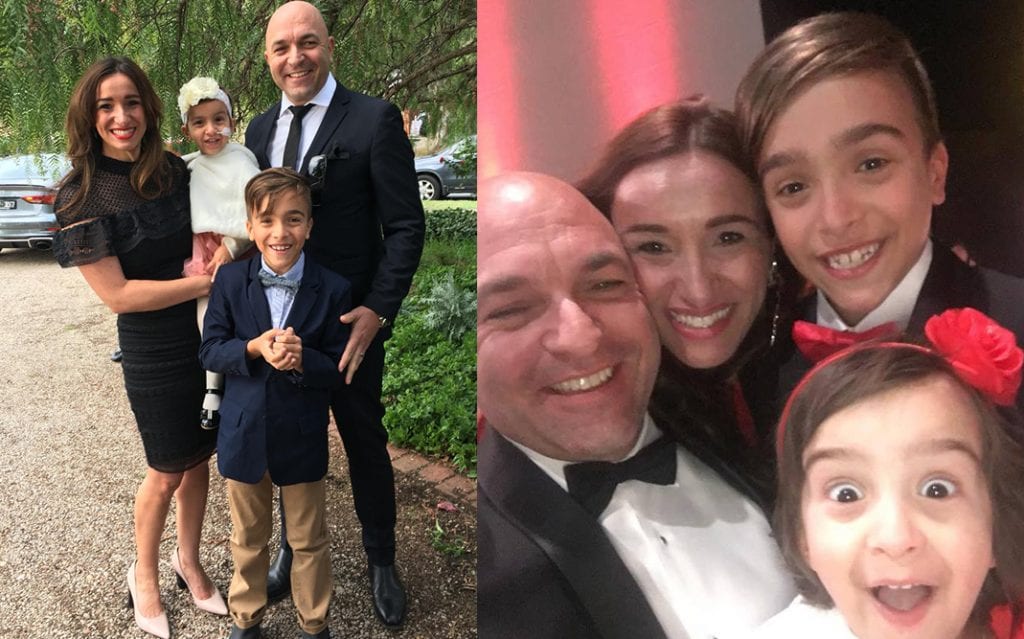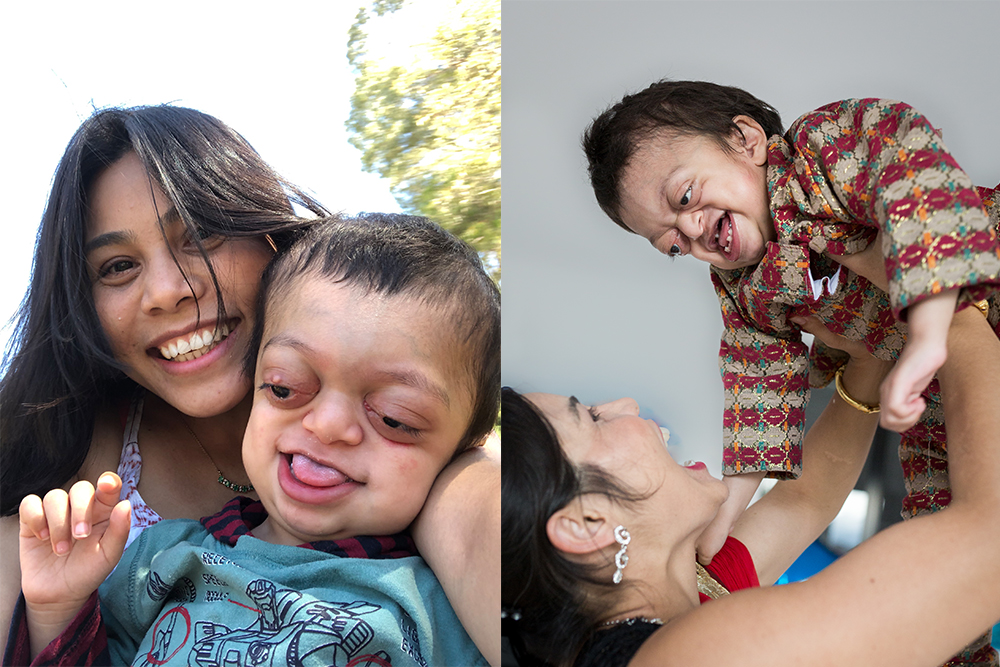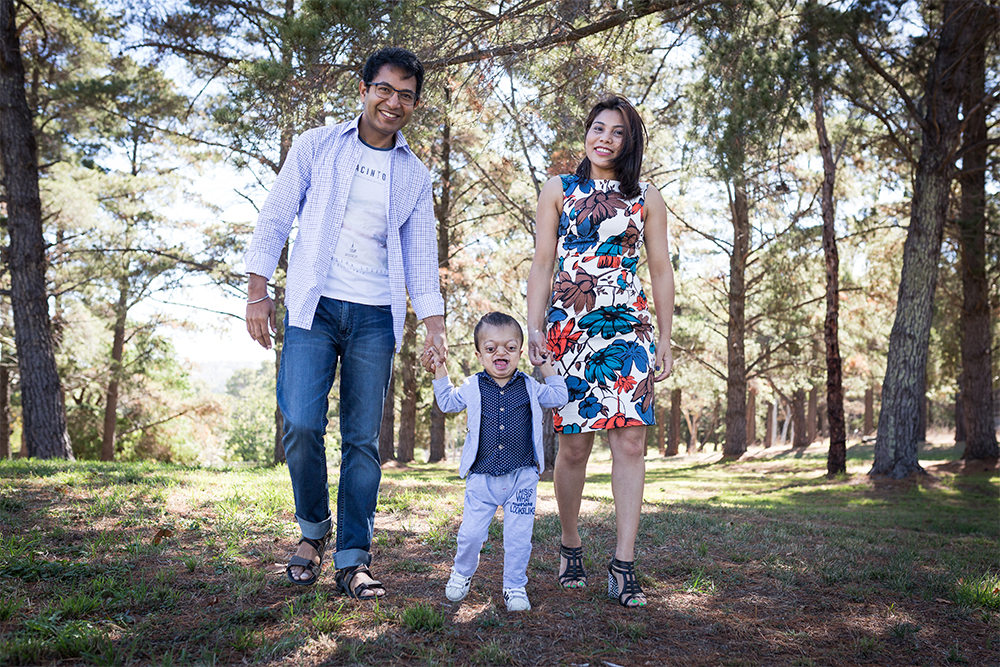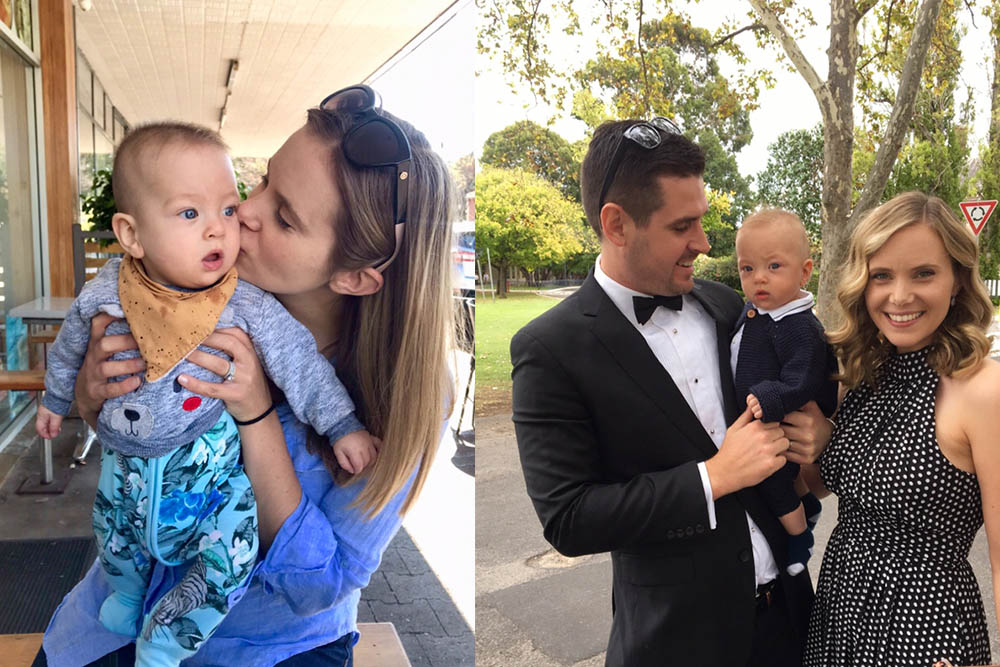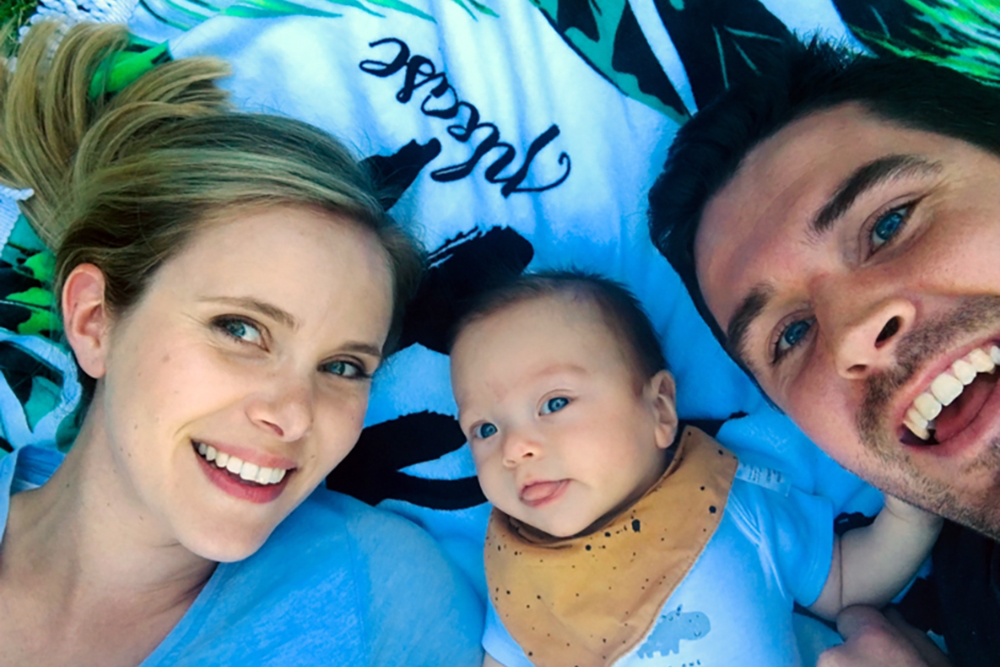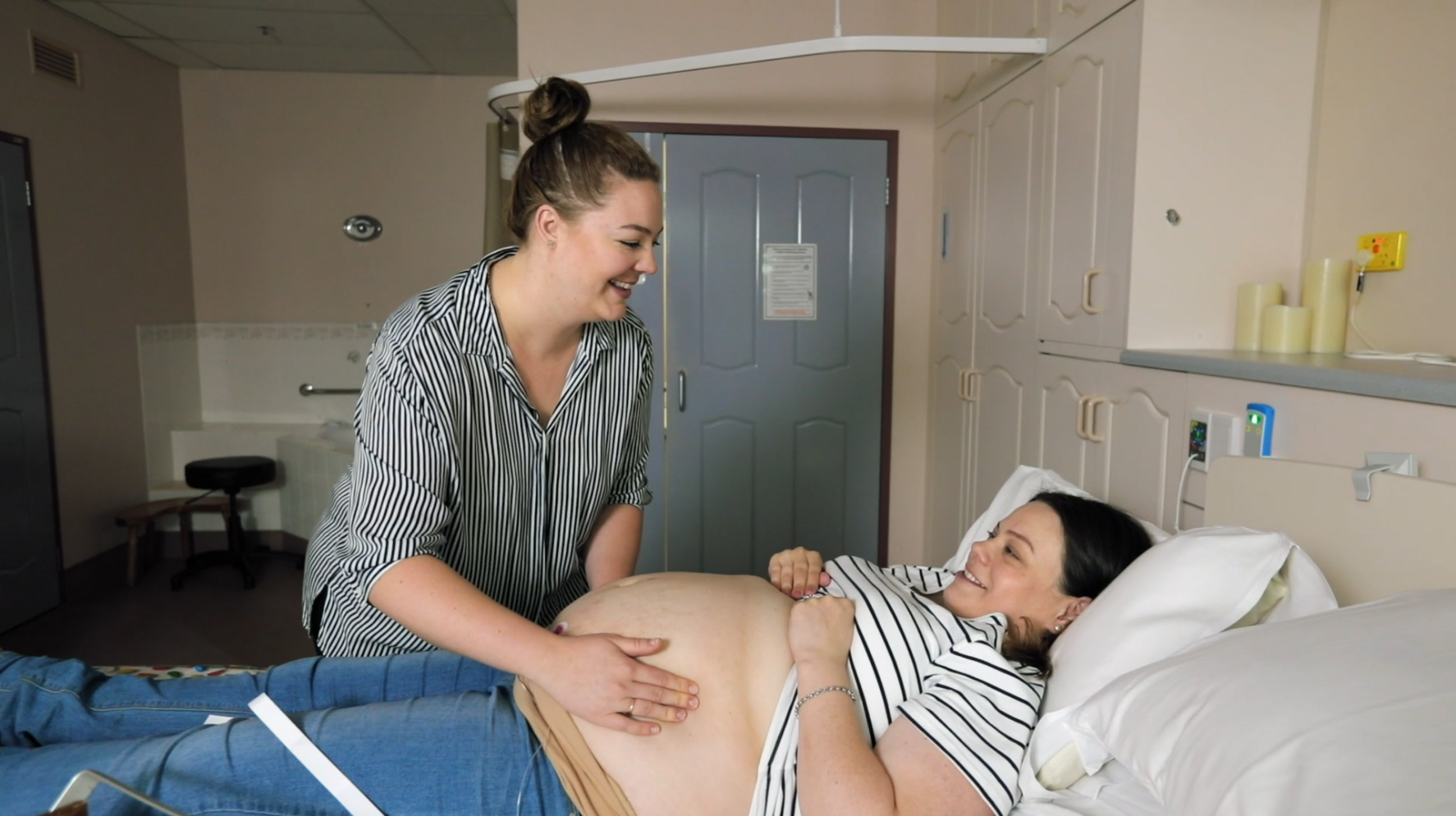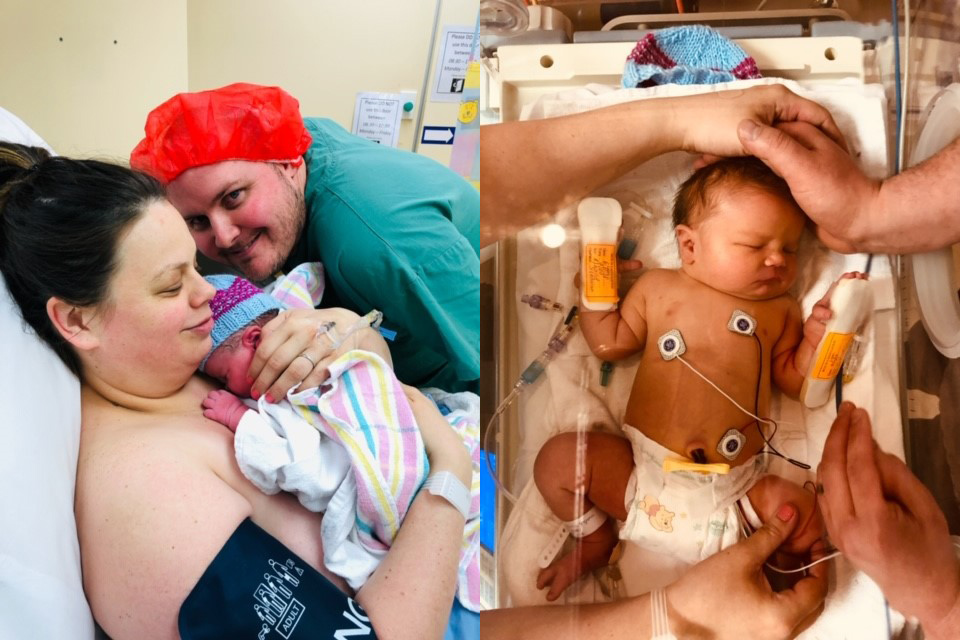“I’m trying to find a cure for the airway disease associated with cystic fibrosis. I didn’t want to be one of those parents who sits back and asks, ‘when is it going to happen?’. My response was let’s get in and make it happen,” Dr Nigel Farrow said.
Dr Farrow is a current recipient of the MS McLeod Postdoctoral Research Fellowship, which is part of the WCH Foundation Research Fund.
His journey to medical research is different to others. After leaving school in year 10, he forged a career as a musician. In 2006, his second daughter Ella was born and very soon after she was in intensive care and diagnosed with cystic fibrosis. The diagnosis inspired him to go back to university to help her.
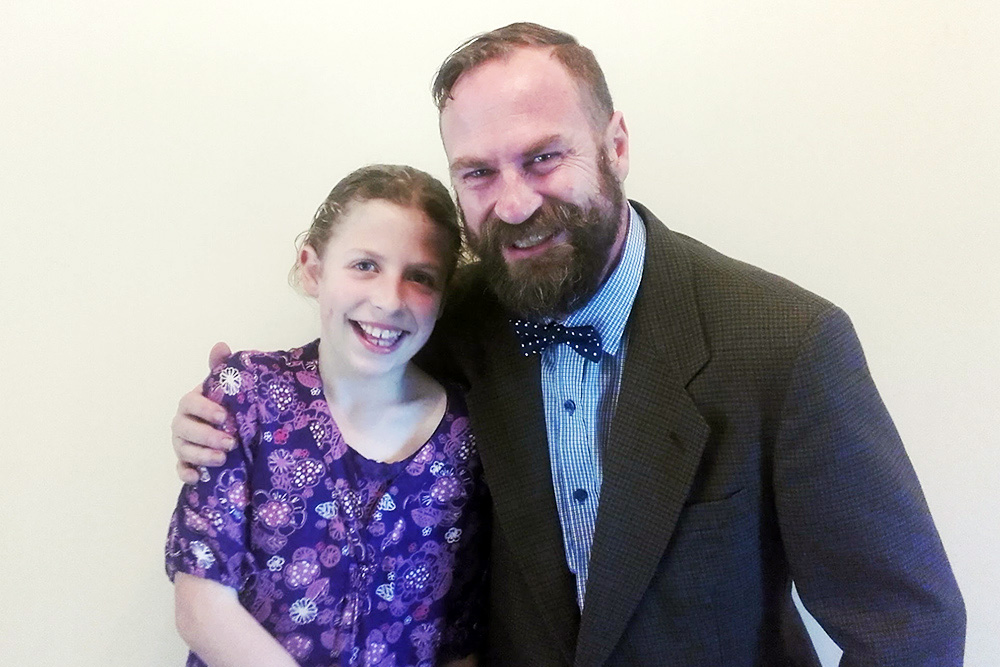
Nigel and daughter Ella.
Dr Farrow shared the impact of his work.
“I did three degrees over eight years to get a PhD in Medicine and now I am doing a postdoctoral in researching gene therapy and stem cells to prevent lung disease in people with cystic fibrosis.
“The team I work with are focussed on gene therapy and my interests are specifically on airway stem cells and the role they may play in a gene therapy setting. There are two approaches we are looking at.
“Our lungs are like our skin; the cells are continuously turning over. If we give gene therapy to cells in the lungs, it is going to be lost over time. What I’m doing is targeting the lung’s stem cells – that replace those cells – with the gene therapy. The idea is that once the cells die off, the stem cells that are now healthy due to the therapy will continually replace them.
“The other angle is that the stem cells are removed from the lungs of the cystic fibrosis patient. We correct them with gene therapy in the lab and then transplant the healthy cells back into the airways. These stem cells then pass on their genes and replenish the airways with the healthy cells fighting the onset of cystic fibrosis symptoms.
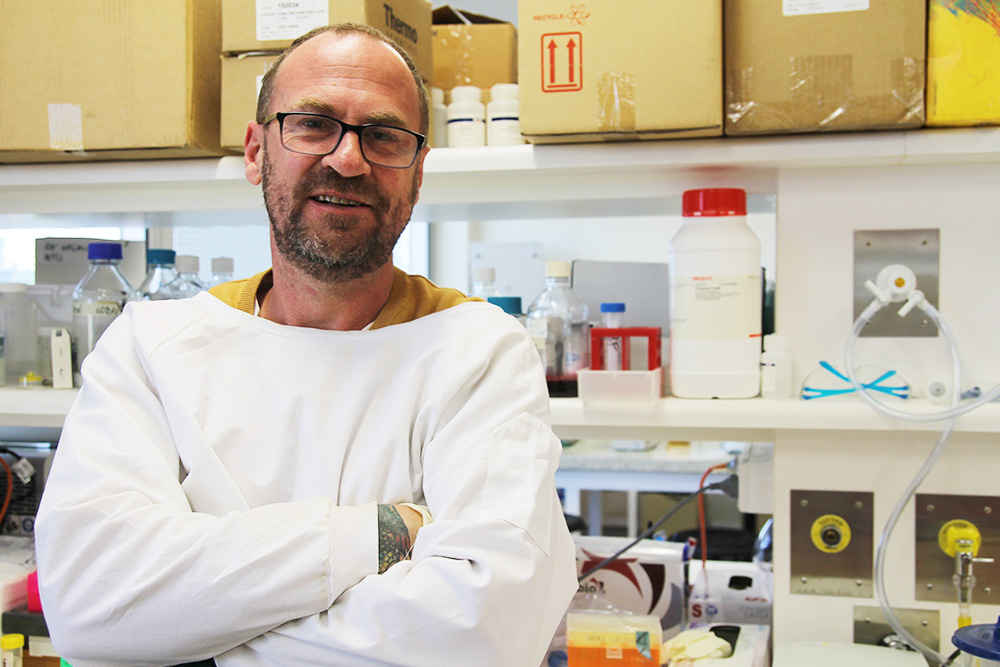
Nigel in the laboratory at the Women’s and Children’s Hospital.
“The beauty with both approaches is that it is targeting the patient’s own cells and it is therapeutic.
“We are now further developing these treatments in rodents. Our initial published studies have been very encouraging and have shown that these approaches have merit and our foundation to continue is there.
“Ella has just started high school. Health-wise she is doing okay, but with the cold comes the worry, especially with the current flu season. The backbone of what I do is to find a cure for my little girl.”

